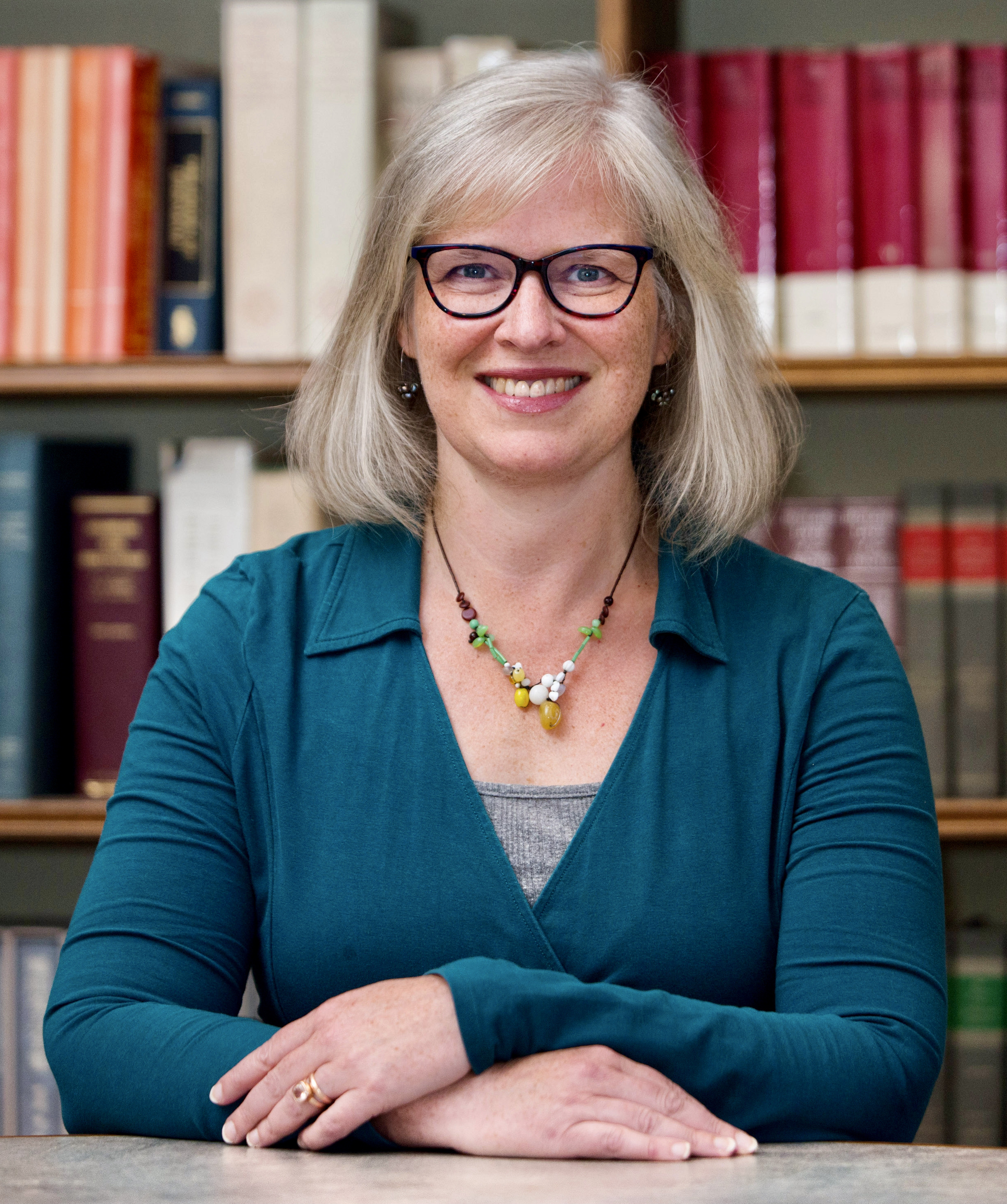
The stories people tell about themselves and their past, whether true or fictional, have always fascinated me. To my mind, our capacity and need to tell stories is what makes us human. We use stories to make sense of the world and our place in it because, unique among animals, we (as individuals, as groups, and as nations) know there was a time before we were here, and that there will be a time when we are here no longer. Through stories, we transcend our own particularities and connect to emotions, ideas, and experiences that are universal.
I was born in Montreal the same year that Star Trek debuted on television and Indira Gandhi became Prime Minister of India. Lester B. Pearson was prime minister of Canada, and the government passed an act establishing universal health care. Martin Luther King Jr. made his first public speech protesting the Vietnam War, and Ronald Reagan became governor of California. Bob Dylan released Blonde on Blonde and John Lennon reminded the London Evening Standard that the Beatles were more popular than Jesus. Margaret Laurence won a Governor General’s award for A Jest of God. And, of course, the Montreal Canadiens won the Stanley Cup.
I became a historian at age eight, during a visit to England when I saw my first castle. I learned to be a better historian at Queen’s University where I earned a BA. During graduate work at the University of Toronto I fell in love with medieval, and modern, Spain, and I received a PhD in 1995, and for over twenty years I taught at the University of Chicago, where I am still a research associate. My research interests include the relationships between gender, power, and religion; the translation of science and philosophy in the twelfth and thirteenth centuries, and its impact on relations between religious groups. My first book, Conflict and Coexistence: Archbishop Rodrigo and the Muslims and Jews of Thirteenth-Century Spain (University of Michigan 2004), discusses Jewish, Christian, and Muslim relations in thirteenth-century Toledo. My second, Her Father’s Daughter: Gender, Power, and Religion in Early the Spanish Kingdoms (Cornell 2017) examines the careers of royal women in early medieval Spain. I am also the author of the novel, Pilgrimage (Cuidono 2014), a story about the Middle Ages that explores betrayal, friendship, illness, miracles, healing, and redemption on the road to Compostela. I am currently studying the earliest translation of part of Maimonides’ Guide of the Perplexed into Latin and what it tells us about intellectual cooperation and conflict across religions in Toledo, Naples, Provence, and Paris in the early thirteenth century.
I can be reached at lucypick [at] gmail dot com
Some work is available here:
